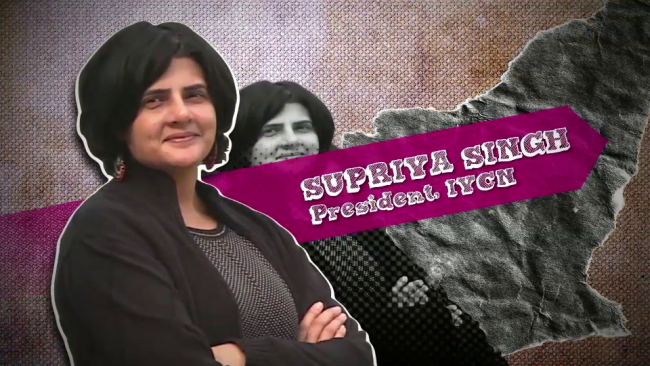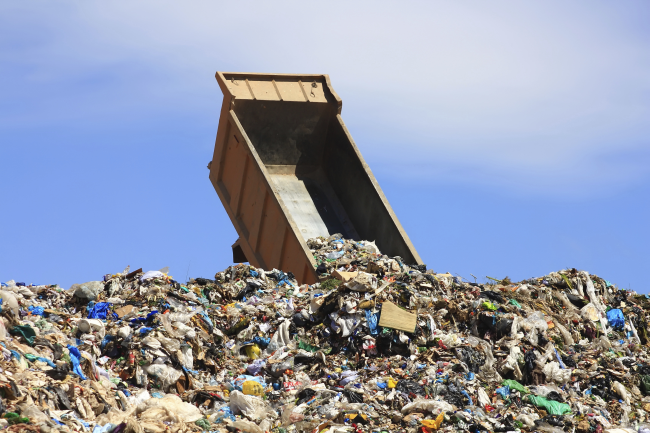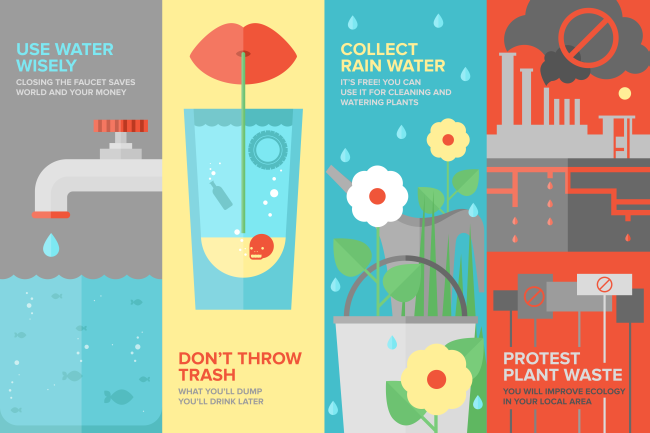Waste Management in India: Issue of Great Importance, Still Highly Ignored
It is refreshing to see an environmental reality show on a national channel. The novel idea of the show “Green Champion” is an excellent one and would go a long way in generating renewed interest among the youth about green entrepreneurship. I loved being part of one of the episodes on “Cleaning up Public space”, as a mentor and judge.
The issue of waste management in India is of great importance and highly ignored at the same time, in the public psyche. Delhi alone generates 8,000 metric tonnes of waste per day. At this rate, we will need more land to dispose of waste, more energy for its transportation, emit more harmful gases and pollute our water, air and land.
Closer home too, we all want clean spaces but fail to be a part of the cleanliness exercise. We don’t segregate, recycle and reuse as much as we can. In this regard, our Prime Minister Narendra Modi’s Swachh Bharat campaign is on target and appreciable. Indian Youth Climate Network (IYCN) too has always done its bit to spread awareness about the issue of waste management through workshops, demonstrations in housing societies and schools, public clean-up drives in Delhi, along the Amarnath route and work with several of our chapters across the country.
As a professional working in the field of human-environment interaction in the non-profit sector in India for over 13 years, I have worked extensively on resource management and conflicts (mainly land and water); national and local policy initiatives affecting resource use and governance; community resource management and agricultural systems.
I firmly believe that green living allows you to become an everyday environmentalist. And minimizing waste not only protects people and the environment, but it can save your facility substantial amounts of money. Here are some tips to reduce waste and help the environment.
- Reduce your waste, Recycle as much as possible and Reuse. Food waste and much of bio-degradable waste can easily be composted at home saving time (in terms of segregation and collection), energy (for transportation) and emissions from a landfill.
- Conserve and recycle water every way you can. Opt for rainwater harvesting, tap fittings that produce pressure with less flow, avoid taking showers (use bucket for bathing), reuse RO water.
- Buy only what you need. Resources used to make products are not limitless.
- Use more public transport, share private vehicles as much as possible and cycle and walk more often.
- Use local products to the extent possible. Help bring down the demand for imports and boost local livelihoods.
As far as the Green Champion episode is concerned, the participants came across as an intelligent lot with oodles of creativity and sense of public duty. The competition itself was completely transparent, fair and non-partisan and everyone enjoyed the shoot. The camaraderie was great and the rules clear. It was quite a challenge to shoot in a public space as the market swelled with the days’ progression. The participants and the crew handled it all well and the involvement of the public was also refreshing.







